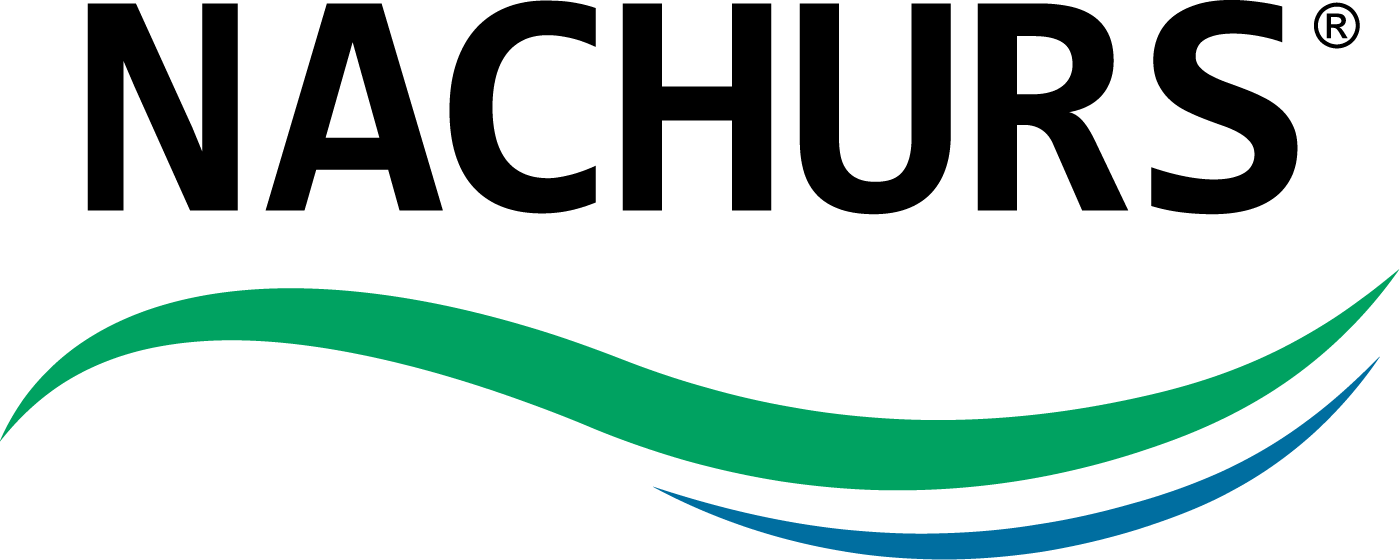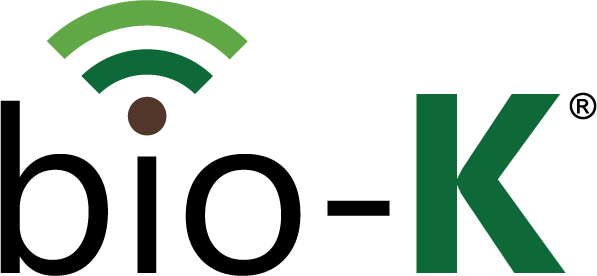Fertilizer Technology
Technology may be defined as techniques, skills, methods and processes used in the production of any good or service. Everyone is aware of the fact that technology is changing rapidly. At one time, the addition of fertilizer to a crop was a new technological advancement. The modern fertilizer industry can trace its roots back to 1837 when experiments were conducted to identify the effects of manures on plants. New fertilizer technology is focused on improving the efficiency and utilization rate of fertilizer, rather than simply increasing soil’s nutrient level. Additives like adjuvants, organic acids, and microbial solutions are being used to enhance effectiveness. The new technology overcomes the negative nutrient interactions in the soil which limit the availability of fertilizers. Each nutrient is unique in the soil. Nitrogen is very volatile and subject to loss. Phosphorus and micronutrients are notorious for becoming unavailable before the crop has an opportunity to use them. The availability of potassium is limited by soil type, temperature, and pH; usually only 1–2% is readily available. Improvements in fertilizer technology include the adoption of better application equipment like Y-drops, streamer nozzles, strip tillage equipment and variable rate applicators, to name just a few. These tools help with timing and placement of fertilizer to minimize losses to the environment. Likewise, the use of new chemistry is quickly being adopted to slow the loss of nitrogen and to keep phosphorus from locking up in the soil. Fertilizer inputs such as UAN, Anhydrous Ammonia, Urea, MAP, DAP, Polyphosphates and Potash are certainly useful products to manage soil fertility levels. However, by themselves, they do not provide the technology necessary to overcome nutrient uptake issues that are caused by climate, soil, and new crop varieties. New fertilizer technology offered by NACHURS can provide some of the tools necessary to unlock nutrient uptake obstacles. Common sense should tell us that every field, every variety, and every growing season has its own unique set of induced stresses. Utilizing a fertility program based on standardized soil sampling and fertility recommendations which were developed decades ago has little chance to unlock a crop’s complete yield potential which is held captive because of challenges to nutrient uptake.
Technology may be defined as techniques, skills, methods and processes used in the production of any good or service. Everyone is aware of the fact that technology is changing rapidly. At one time, the addition of fertilizer to a crop was a new technological advancement. The modern fertilizer industry can trace its roots back to 1837 when experiments were conducted to identify the effects of manures on plants.
New fertilizer technology is focused on improving the efficiency and utilization rate of fertilizer, rather than simply increasing soil’s nutrient level. Additives like adjuvants, organic acids, and microbial solutions are being used to enhance effectiveness. The new technology overcomes the negative nutrient interactions in the soil which limit the availability of fertilizers. Each nutrient is unique in the soil. Nitrogen is very volatile and subject to loss. Phosphorus and micronutrients are notorious for becoming unavailable before the crop has an opportunity to use them. The availability of potassium is limited by soil type, temperature, and pH; usually only 1–2% is readily available.
Improvements in fertilizer technology include the adoption of better application equipment like Y-drops, streamer nozzles, strip tillage equipment and variable rate applicators, to name just a few. These tools help with timing and placement of fertilizer to minimize losses to the environment. Likewise, the use of new chemistry is quickly being adopted to slow the loss of nitrogen and to keep phosphorus from locking up in the soil.
Fertilizer inputs such as UAN, Anhydrous Ammonia, Urea, MAP, DAP, Polyphosphates and Potash are certainly useful products to manage soil fertility levels. However, by themselves, they do not provide the technology necessary to overcome nutrient uptake issues that are caused by climate, soil, and new crop varieties.
New fertilizer technology offered by NACHURS can provide some of the tools necessary to unlock nutrient uptake obstacles. Common sense should tell us that every field, every variety, and every growing season has its own unique set of induced stresses. Utilizing a fertility program based on standardized soil sampling and fertility recommendations which were developed decades ago has little chance to unlock a crop’s complete yield potential which is held captive because of challenges to nutrient uptake.












